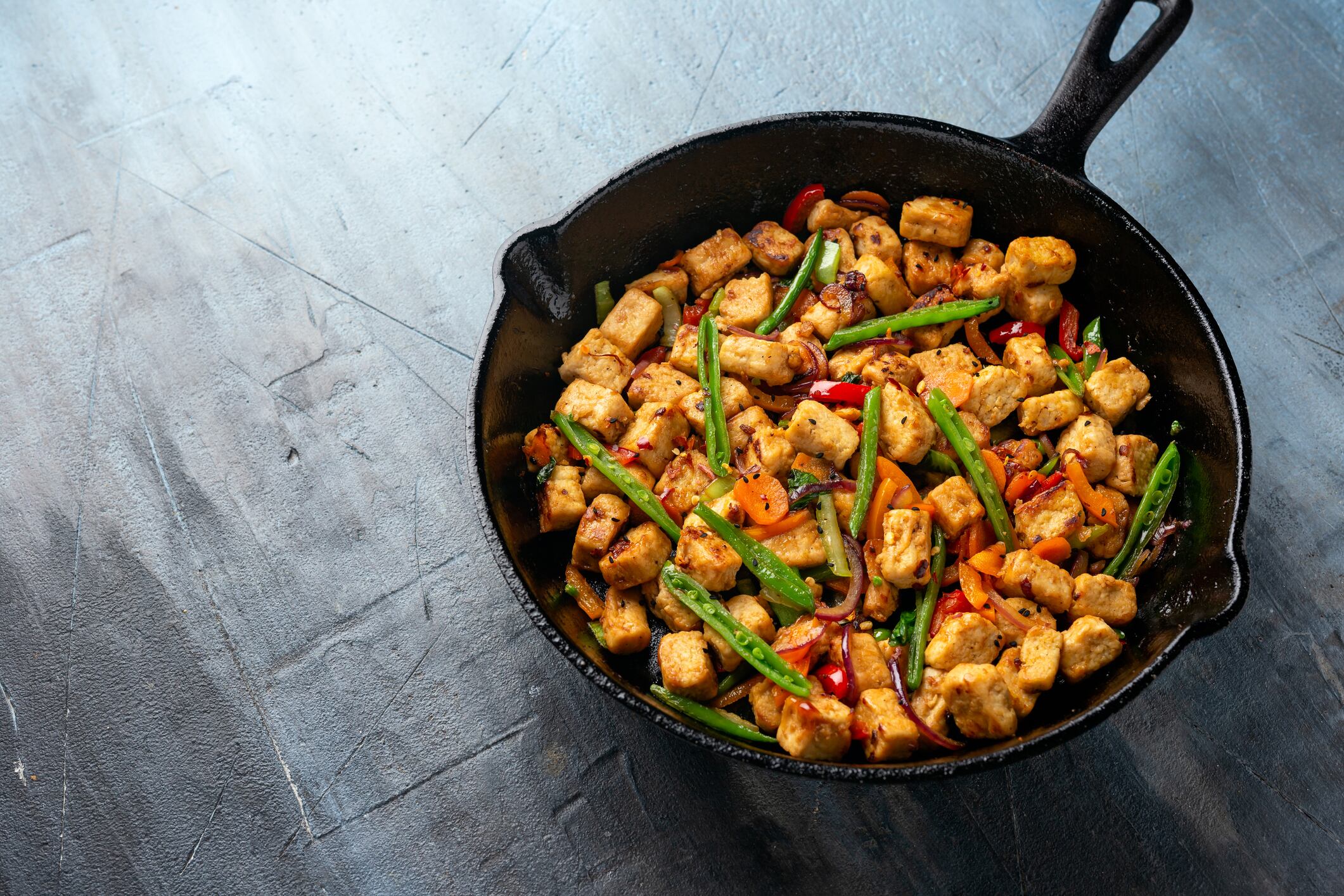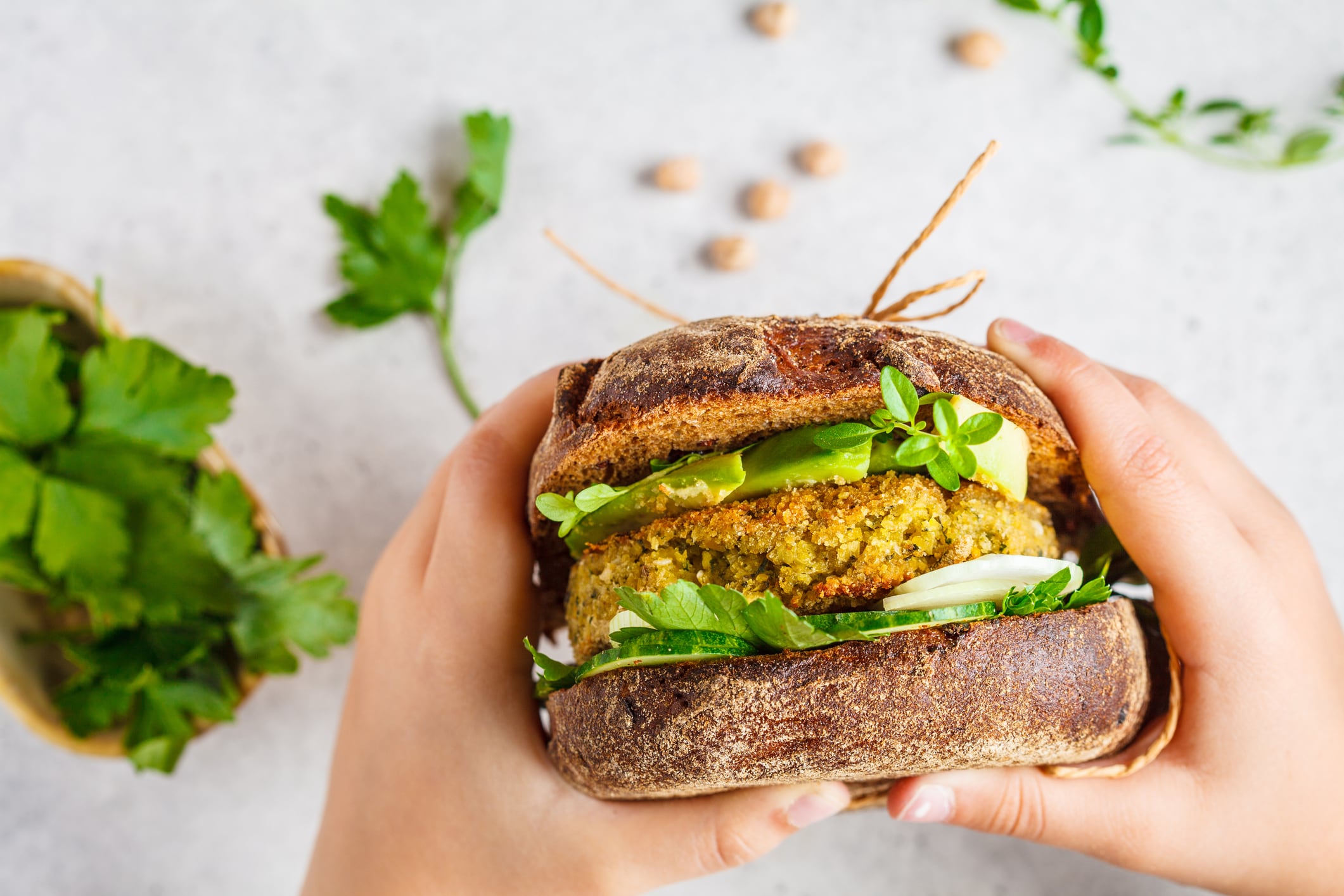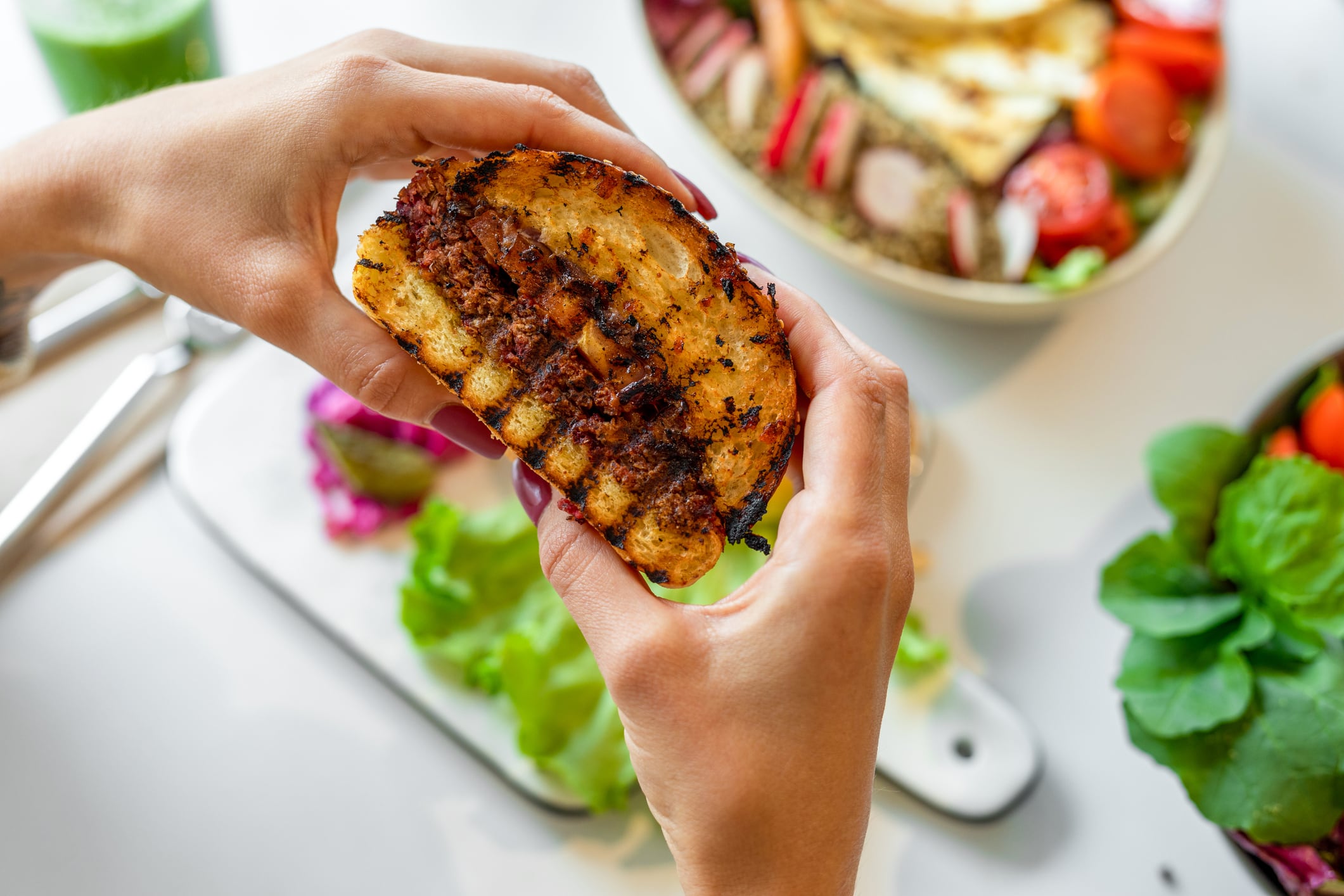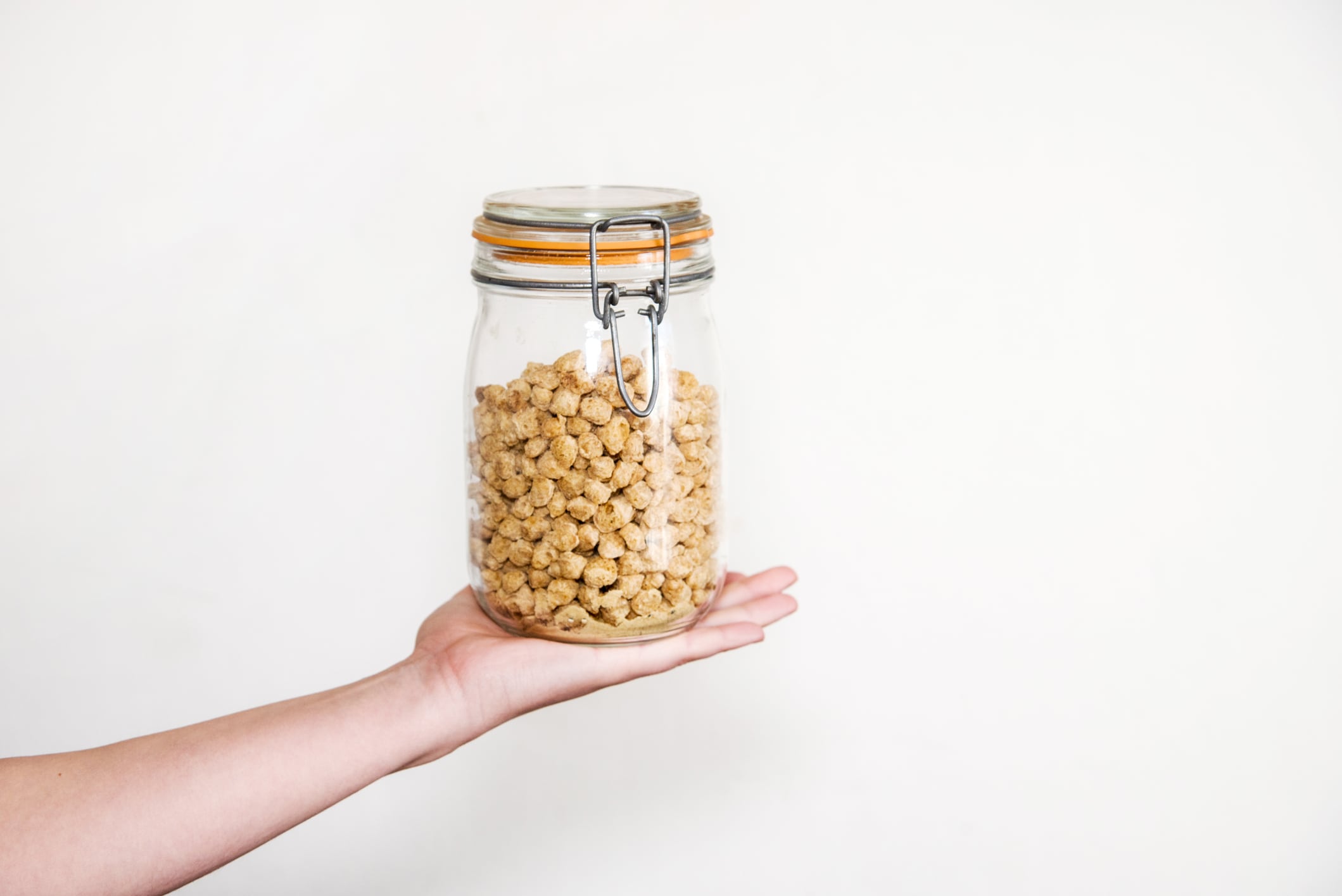Quorn cuts additives: Summary
- Quorn has cut additives including Calcium Chloride, Calcium Acetate and Sodium Alginate from key products
- Taste and texture remain the same, according to Quorn
- Cuts come as consumers demand health and clean label
- The health trend is provoking widespread changes across the alt-meat sector
- Quorn retains egg in many products, keeping its range from being vegan
Quorn is one of the oldest meat alternative brands out there. Launched in 1985, it was on the shelves long before most other key alt-meat players.
But the times they are a-changin’, with consumers increasingly drawn to clean label and healthy foods and rejecting foods that are either ultra-processed or perceived to be so.
Quorn is aiming to move with the times, cutting additives and aiming towards a greater health profile.
Quorn cuts additives
Quorn is cutting additives from several of its key products. These include firming agents Calcium Chloride and Calcium Acetate from Quorn’s mince and pieces and stabiliser Sodium Alginate from Quorn’s Swedish style balls.
Quorn does not see these changes as strictly speaking “reformulation”, explains Lucy Grogut, Quorn’s head of brands, but “a simple removal of a few ingredients to meet growing demand from consumers“.
According to taste and sensory testing, she says, the taste and texture has remained unchanged.
The products in which the changes were made were some of Quorn’s most popular.
Research suggests, explains Grogut, that it was here that consumers were looking for simpler, leaner ingredients lists.
Joining the health trend
“Growing demand from consumers” is the driving force behind these changes; one of the defining trends in food and beverage at present is health.
Reacting to the newfound popularity of health, and the backlash against ultra-processed foods, many plant-based and meat alternative brands have seen the writing on the wall, and aimed to change their products for the healthier.
From Beyond Meat’s Beyond Ground, which is high in protein and fibre, to THIS’s Super Superfood, which extensively uses clean-label ingredients, meat-free is going through something of a health revolution.
Quorn is no different. “We recognise that there has been a significant shift in consumer concerns over the use of some artificial ingredients, despite regulatory bodies deeming such ingredients safe to eat,“ explains Grogut.
“We understand, therefore, that people may wish to consume less of these ingredients or none at all, so we have worked extensively to provide a portfolio that provides more choice to consumers.”
Not all vegan
While several ingredients have been removed by Quorn, egg is not one of them, instead remaining in a significant number of products. Its range is still, therefore, not 100% vegan.
While Quorn does have a vegan range, it doesn’t want to compromise its position with consumers by removing egg from all its products.
“We closely track consumer trends and demands, which informs all our product development processes, but we always know that shoppers across all of these dietary demographics don’t want to compromise on taste,” explains Grogut.
In recent times, some consumers have been turning away from veganism, feeling that being vegan is “a lesser life” to eating meat.





